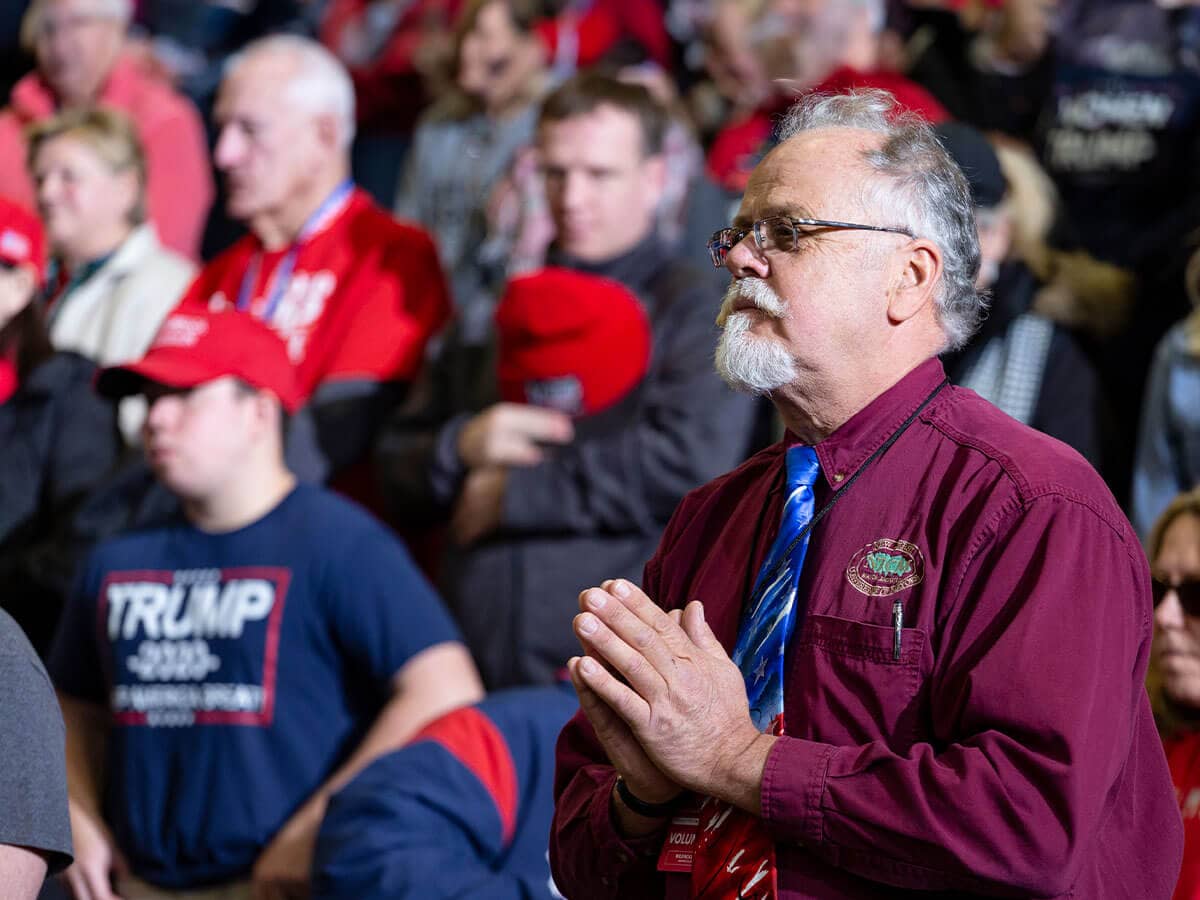Oklahoma Gov. Frank Keating, the panel chairman, talked for an hour with four leaders from the Survivors Network of those Abused by Priests. It was the first time Keating has held any extended talks with the group. "He asked us for our advice and counsel on what the board should do. We're very pleased," said Paul Steidler of Reston, Va.
The meeting came hours before the first meeting of the panel headed by Keating, which was set up last month by the U.S. Conference of Catholic Bishops. The survivor group leaders also were scheduled to speak with the full board. Besides Keating, the panel consists of 12 other prominent lay Catholics including Washington lawyer Robert S. Bennett and Leon Panetta, a former California congressman and White House chief of staff.
The panel, which was conferring Tuesday at the offices of the bishops' conference, will hear from Bishop Wilton Gregory, the conference's president. They also planned to set criteria for the head of the bishops' new Office for Child and Youth Protection and plan research on what brought on the scandals.
Ultimately, Keating's board has only advisory power. It can exercise considerable influence through publicity, however, and Keating has pledged to be tough on molesting priests and church leaders who covered up for them. The church has been "deeply hurt," he said. "Our community is angry."
On Monday, the survivors group complained because none of its members was named to the board. Keating's spokesman, Dan Mahoney, said the group "is an integral part of this process. They've been working on this issue for a long time. They represent a large number of victims."
The board includes one abuse victim, ex-priest Michael J. Bland, who gave a searing account of his experience to the bishops at the June meeting in which they passed the monitoring plan that includes the new review board and a protection office.
At the meeting, the bishops decided to expel abusers from everyday parish life and other workplaces but left other decisions for later. A key one is what if anything to do with bishops who knew of priests' misdeeds and did nothing except move them to other parishes. "The priesthood lost me but kept the perpetrator," Bland told the bishops. "The church has taken care of him."
But the survivors organization said Bland's inclusion was diminished because he works part-time for the Chicago Archdiocese and complained that other panelists have too many close ties to church organizations. Another controversy involves Paul R. McHugh, director of psychiatry at the Johns Hopkins University School of Medicine, a critic of abuse claims based on "recovered memory" therapy.
At a Monday news conference, David Clohessy, executive director of the survivors group, cited dioceses that he said kept admitted molesters in parish work after the bishops enacted their policy changes.
Pope John Paul II made his first public comments on the scandal in Toronto on Sunday at World Youth Day. Clergy abuse caused "a deep sense of sadness and shame," he said, but most priests wish to "serve and do good."
Other members of the review board are Justice Anne M. Burke of the Illinois Appellate Court; William R. Burleigh, chairman of E.W. Scripps Co.; Nicholas Cafardi, dean of the Duquesne University School of Law; Jane Chiles, retired executive director of the Kentucky Catholic Conference; President Alice Bourke Hayes, University of San Diego; New York City attorney Pamela D. Hayes; and Ray H. Siegfried, chairman of the Nordam Group. Another member will be announced later.
Since the first case erupted in January in Boston, some 300 of the 46,000 U.S. priests have been taken off duty over abuse allegations.

